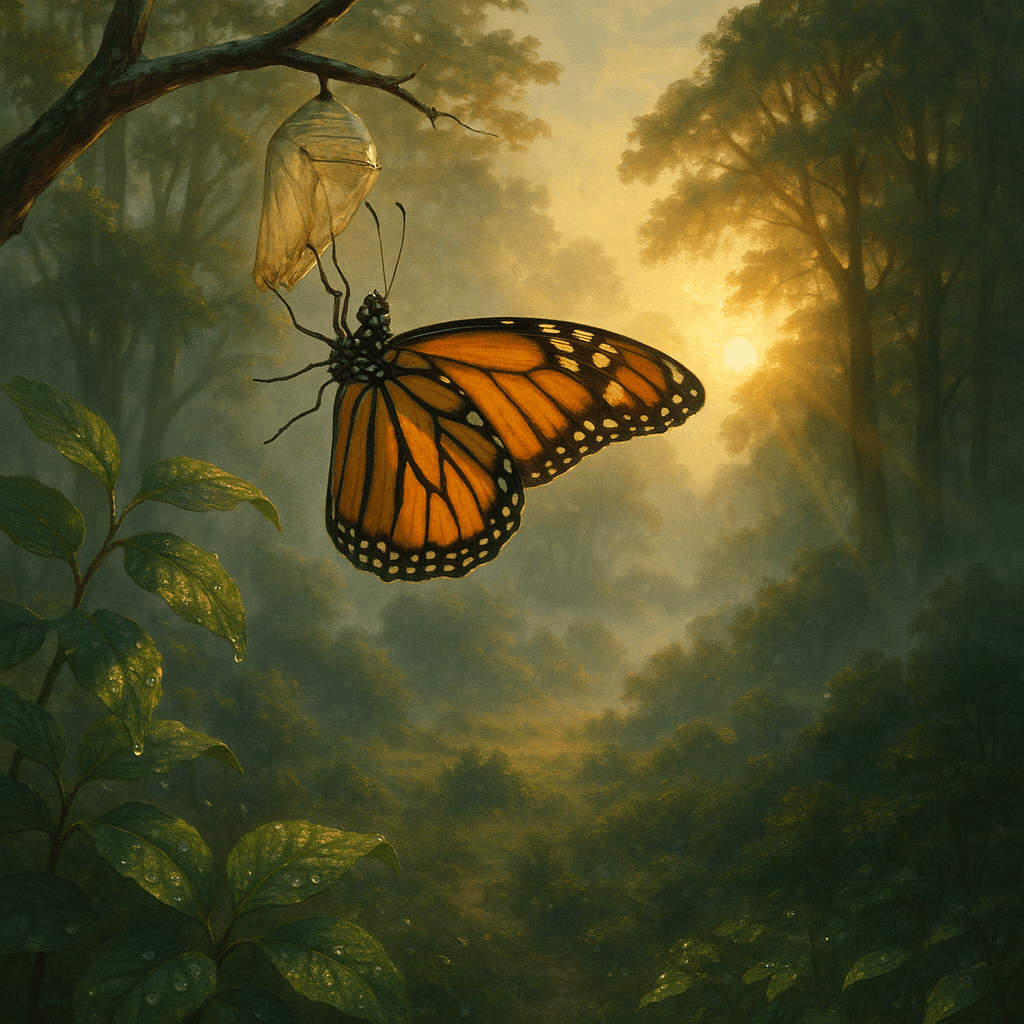Embracing Ignorance as the Pinnacle of Wisdom

The only thing that we know is that we know nothing, and that is the highest flight of human wisdom. — Leo Tolstoy
Tolstoy’s Paradox of Knowledge
Leo Tolstoy’s reflection, that knowing our ignorance is humanity’s greatest wisdom, presents a profound paradox. Rather than lauding the accumulation of facts, Tolstoy elevates self-awareness and humility as the ultimate intellectual achievement. This stance challenges the belief that wisdom is purely about knowing more and instead posits a deep sense of curiosity and openness to the unknown.
Echoes from Ancient Philosophy
Tolstoy’s insight draws clear parallels to Socrates, whose famous declaration, ‘I know that I know nothing’ (*Apology*, c. 399 BC), underpins much of Western philosophy. Socratic wisdom emphasizes recognizing one’s own limitations as the first step to true understanding. In the *Republic*, Plato illustrates how only those aware of their ignorance can pursue genuine enlightenment, creating a lasting philosophical tradition reverberating through Tolstoy’s words.
The Limits of Human Understanding
This recognition of ignorance matters even more in the face of life’s vast complexity. Modern science, despite solving countless mysteries, frequently stumbles upon new questions at the edge of discovery. For instance, as astrophysicist Neil deGrasse Tyson often notes, each scientific breakthrough reveals additional realms we have yet to comprehend, underscoring Tolstoy’s idea that true wisdom lies in acknowledging what we do not—and may never—fully grasp.
Fostering Intellectual Humility
Acknowledging our ignorance cultivates intellectual humility, a quality essential for learning and growth. In education, teachers who admit not having all the answers encourage students to explore with open minds. This humility breaks down barriers to understanding and fosters a genuine spirit of inquiry, as advocated by educational theorists like Paulo Freire in *Pedagogy of the Oppressed* (1970).
The Ongoing Journey of Wisdom
Ultimately, Tolstoy frames the pursuit of wisdom as a lifelong journey, not a destination. By embracing the limits of our knowledge, we maintain the curiosity and receptivity necessary for deeper insight. In a world where certainty often breeds complacency, Tolstoy’s highest flight of wisdom invites us to remain perpetual students, forever open to the mysteries that surround us.